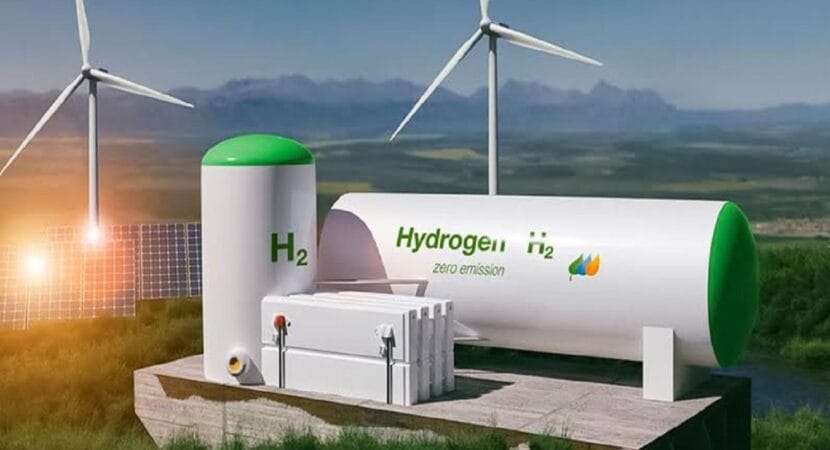
Brazil explores alternatives to expand the use of clean fuels, such as green hydrogen and corn ethanol, reducing dependence on fossil fuels.
O seminar “Clean energy: the energy transition in Brazil”, which was carried out by Folha, highlighted the importance of various clean energy sources for the Brazilian energy transition. Green hydrogen, corn ethanol and sustainable aviation fuel (SAF) were discussed in the event's third panel as possible solutions to fossil fuels.
Green hydrogen and corn ethanol are presented as promising solutions
According to the director of energy transition and sustainability at Petrobras, Maurício Tolmaquim, electricity generated by renewable sources is seen as crucial to ending fossil fuels and global decarbonization.
The executive also highlighted that Petrobras has plans to invest in the short term in wind energy, onshore solar and biofuels, such as renewable diesel. However, he highlighted that, in the medium term, green hydrogen is a great alternative, especially for sectors such as petrochemicals, refining, steel and fertilizers.
Former senator Katia Abreu highlighted the importance of corn ethanol, highlighting its advantages, such as production throughout the year and obtaining dried distillers grain (DDG), used in animal feed.
Abreu also mentioned that Brazilian agribusiness grew with the support of subsidies, however, he also warned of the need to guarantee economic health and avoid negative impacts on other sectors.
The Director-General of National Electric Energy Agency (Aneel), Sandoval Neto, mentioned the need to re-discuss subsidies in the energy sector, pointing out the cost of energy tariffs as a discouraging factor for the industry in the country.
Patricia Ellen, co-founder of AYA Earth Partners, highlighted Brazil's opportunity to lead the energy transition, moving away from fossil fuels, mentioning the potential of corn ethanol, SAF and green hydrogen.
Corn ethanol in Brazil
The former president of companies such as Light and Sabesp, Jerson Kelman, addressed governance problems in the electricity sector and the influence of lobbying on National Congress decisions. Kelman highlighted the need to regain leadership in the energy sector and rethink public policies perpetuated by sectoral interests.
The debate provided a comprehensive view of the challenges and opportunities linked to the transition to a future without fossil fuels in Brazil, highlighting the importance of diverse sources to achieve energy sustainability.
It is important to highlight that, according to data from the National Corn Ethanol Union (Unem) from October 2023, corn ethanol production should reach 6 billion liters in 2024, an increase of 36% in the 2022/023 cycle and 800% in the last five years. The growth in production capacity is mainly the result of the expansion of the Brazilian industrial complex, with an increase in the number of plants, the adoption of technologies, increasing industrial performance, and greater international demand for biofuels.
Brazil could be a great power in green hydrogen
On the horizon of the global energy transition, Brazil emerges as a protagonist in the production of green hydrogen, the most promising alternative source of energy. With vast solar and wind potential, in addition to abundant water resources, the country is positioned to lead the generation of clean and efficient fuel, leaving fossil fuels behind.
Green hydrogen, obtained through the electrolysis of water, using renewable sources such as solar and wind energy, appears as a solution to mitigate polluting gas emissions.
In contrast to gray hydrogen, produced from non-renewable sources, green hydrogen is an economically and environmentally sustainable alternative. Brazilian institutions, such as the Photovoltaic Solar Energy Laboratory at the Federal University of Santa Catarina (UFSC), are already working on developing technologies for the production of green hydrogen.












